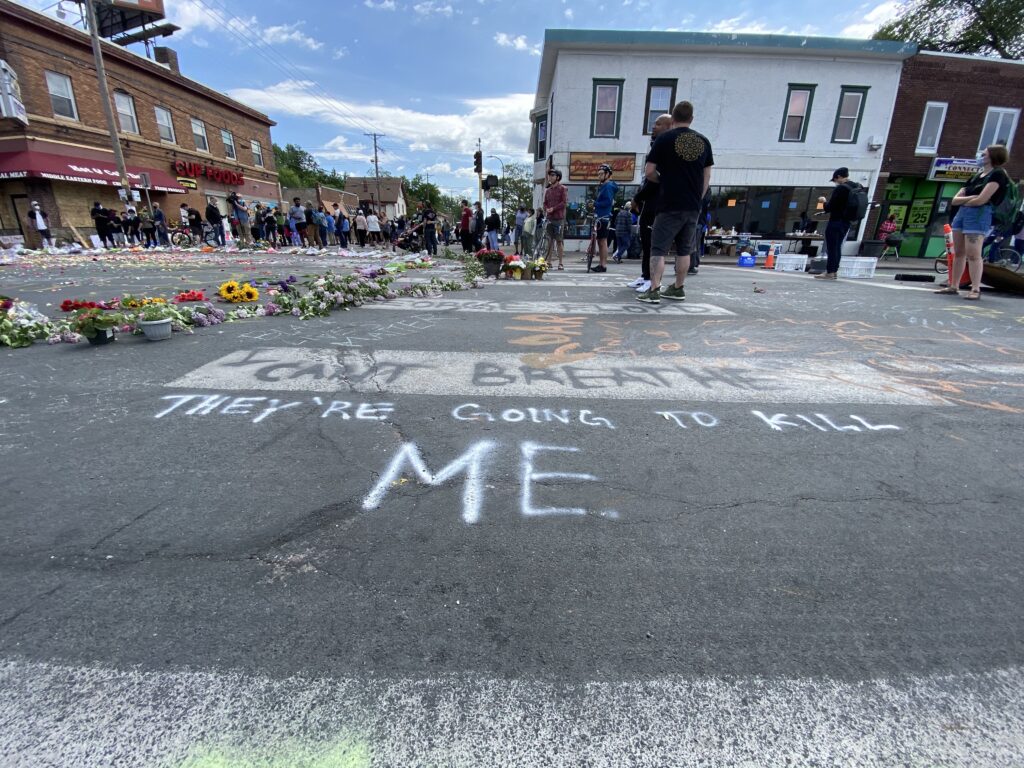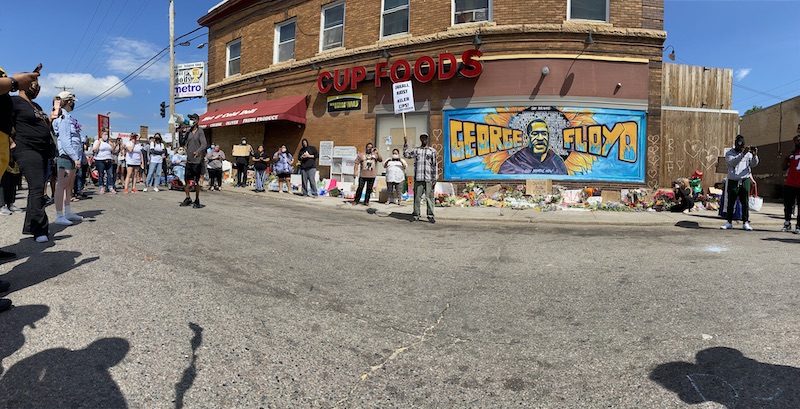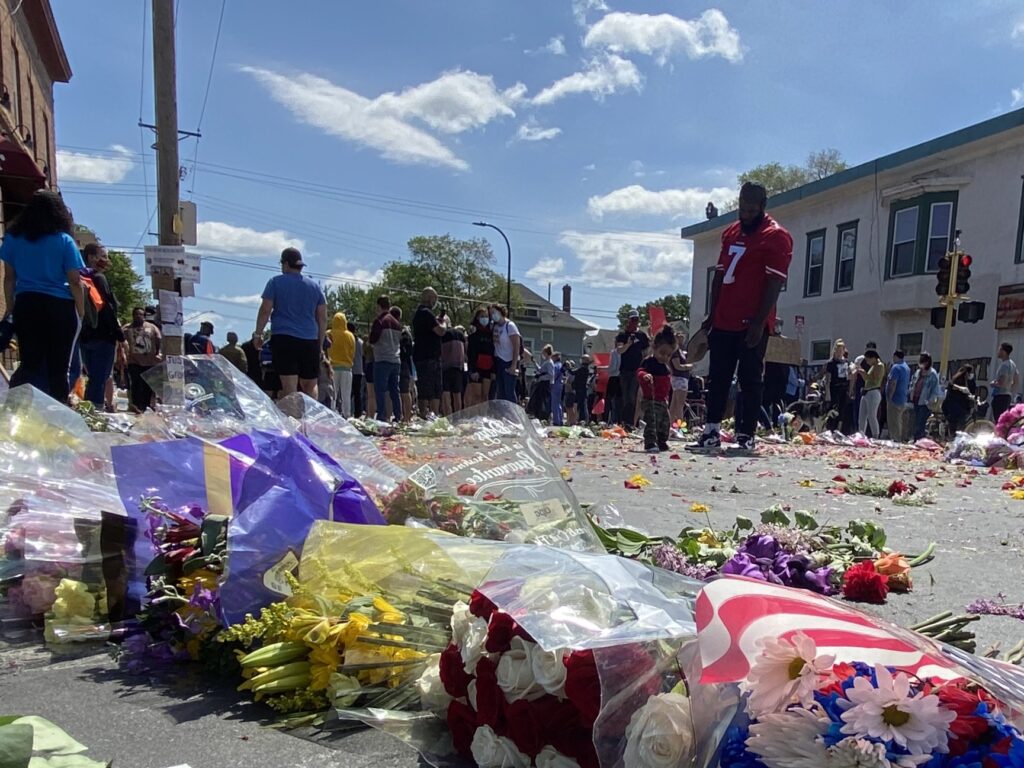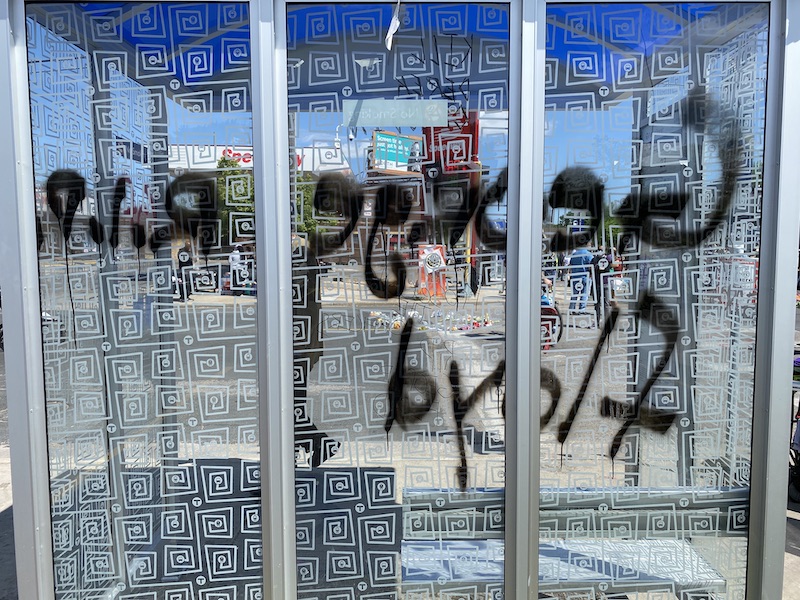This month I had intended to write about my experience working for a Private Equity backed turnaround that filed bankruptcy. I had expected to write about this last month but felt addressing my experience changing jobs during the Pandemic was more timely. Once again, I find myself with a strong desire to address a current event, the senseless killing of George Floyd at the hands of Minneapolis Police Officers on a public street, surrounded by a crowd who was filming the incident. I will tie two critical thoughts together, my feelings about race and how I have perpetuated stereotypes even though I consider myself one who loves and supports all people. Second, as a leader, as a technologist, what can I do both professionally and personally.
Am I racist
As a white person who had the luck of growing up with two loving parents who could provide a home, a public education, help pay for college, and allow me to live in the suburbs, I had a leg up over so many others. While I am white, I am also a Jew. While no means is being Jewish remotely similar to being a person of color, I always felt I was more in tune with prejudice than not. I am only one generation removed from my family members who could flee Nazi Germany and most of them died at the hands of the Nazi’s in World War II. At every school and job, I have had to explain my Jewishness, by either asking for time off to celebrate a holiday or to educate my class on what Chanukah or Rosh Hashanah is. I used to get frustrated by this. After watching the week’s events unfold, I realized that I can hide my Jewishness behind my whiteness. Our friends of color do not have this luxury.
As I reflected on this statement: Am I a racist, I have come to the following conclusions:
- I have inherent biases that I’ve learned through my teachers, policeman, Hollywood, our Media, and our literature that I must address.
- I struggle to talk about race with my friends and colleagues, let alone people of color. Frankly, I even struggle to find opportunities to engage with our black and brown communities due to my day to day environment is predominantly surrounded by white people.
- I cringe at any racist event that I have read about or witnessed, but I have not necessarily taken direct action or spoken up.

In fact, it is not important that you/I am not a racist; what is essential is that I/we become anti-racist. This means that we actively work to fight racism, starting with listening and learning what racism truly is. It is embedded in our laws, employment practices, healthcare system, the justice system, police practices, banking system, and government. Being anti-racist is supporting causes, organizations, companies and lawmakers who are actively working to change the systemic racism embedded deeply in our society. It is respecting the history of our nation that was not only built as a reaction to oppression (religious and economic) but on the backs of black slaves. Our past is dark and complex, and our democracy and economy fragile. We have to actively work to lift all of us up for a better future. We must go beyond posting inspiring messages on social media to take action that impacts you as an individual by donating time, money, or a voice.
What does it mean to be a leader at this moment in history
I was reading an article about what has been considered one of the worst years in our modern American history – 1968. In 1968 we had multiple political assassinations (Martin Luther King and Bobby Kennedy to name just two), protests and riots in the streets, cities burning, and an active military draft, oppression against blacks, women, and minorities and a controversial presidential election. In 2020 we have had a global pandemic, a global economic meltdown, record unemployment in the U.S., political polarization, and a contentious presidential election. All of this was going on when George Floyd was killed, re-opening deep racial wounds in our society.
As leaders in our companies or communities, and personally as a technologist, there are a few things that we can do:
Create an open environment: Address the societal inequities we know exist, allow your employees to express their concerns and feelings, and make this an ongoing dialogue.
Commit to actively learning: Don’t jump to judgments, seek to learn and understand, encourage your teams to educate themselves on crucial topics and history that impact racial inequities.
Give back: Many companies encourage employees to give back through volunteering or non-profit donations. Pick organizations that support fighting racial in-equities, lift-up people of color, the disadvantaged, and economically challenged, or provide social support services and places to gather.
Show Empathy: As leaders, we need to be more vulnerable, show empathy, and be willing to express when we are uncomfortable or not knowledgeable, seeking information, withholding judgment, and leaning in.
Model the way: Stop and reflect on where you are personally. Ask the question, am I anti-racist? As you make changes, express what you are doing to your teams, colleagues, and leadership. Be open to making mistakes and adjusting as you learn.
As a technologist, we have the means to teach others our trade. There are great organizations in the Twin Cities, like GensysWorks, that help high-schoolers get a jump on their career in technology. What else can we do to help inmates re-enter society through technology jobs? Provide access to the internet for low-income families, address the gap in internet access in our rural communities, our put our collective resources together during hack-a-thons to address racial inequalities.
Over the past week, I have taken the following actions to confront my own biases and start being actively anti-racist:
- I have written my local and state representatives expressing my support to swiftly bring justing to George Floyd and address the deep roots of racism in our society.
- I have donated money to the Minnesota Freedom Fund.
- I went down to Cup Foods to participate in the peaceful vigil for George Floyd and see for myself what the community reaction to his death was.
- I have started my education by reading the book The New Jim Crow and creating a list of books, blogs, articles and social media accounts to follow.
- I am researching different organizations to find the right one for me to get involved with.
- I have committed to having discussions at work and at home about racism.
As a leader in my company and community, as a husband, father, and son, I must do better to fight racism. If you want to join me in this dialogue, please reach out, if you wish to share additional resources, experiences, or thoughts, I am all ears.
In closing, here are a few resources you can start with if you want to learn more and get engaged:
- 75 Things White People Can do for Racial Justice
- Jim Crow of the North Documentary
- How White People Can be Better Allies to the Black Community
- A Running List of Anti-Racism Resources
- Critical Racial & Social Justice Education – Robin DiAngelo, Ph.D
- 10 Steps to Non-Optical Allyship




